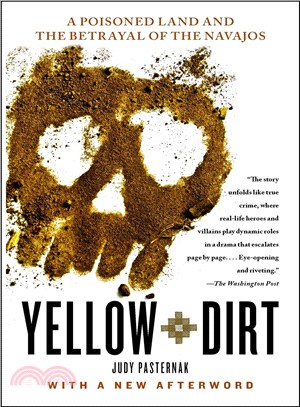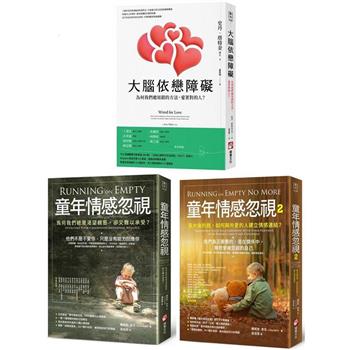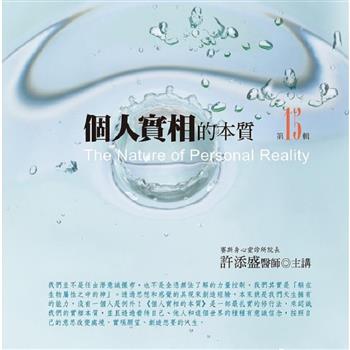A world-class deposit of uranium runs under the Navajo reservation in the American Southwest. The radioactive “yellow dirt” lay entombed beneath its earthen shield until the U.S. government came calling, desperate to make atomic bombs. Despite warnings from doctors and scientists that long-term exposure could be harmful, even fatal, thousands of Navajo uranium miners worked unprotected to fuel the nuclear arsenals of the Manhattan Project and the Cold War. Long after the uranium boom ended, the neighbors continued to live with contamination. Mine waste and gritty tailings from processing mills ended up in their drinking supplies, in their walls and floors, in their playgrounds, their bread ovens, their churches, and even their garbage dumps. People are still dying.
Few knew what had happened until Judy Pasternak wrote a prizewinning newspaper series that galvanized a powerful congressman and a famous prosecutor to press for redress and repair of the grievous damage. In this critically acclaimed book, Pasternak introduces Adakai, also known as the Gambler, his children, grandchildren, and great-grandchildren. Their story, along with gripping new details from government and industry files, knits the personal and the political into a grand tale of betrayal, of willful negligence, and, ultimately, of reckoning.










